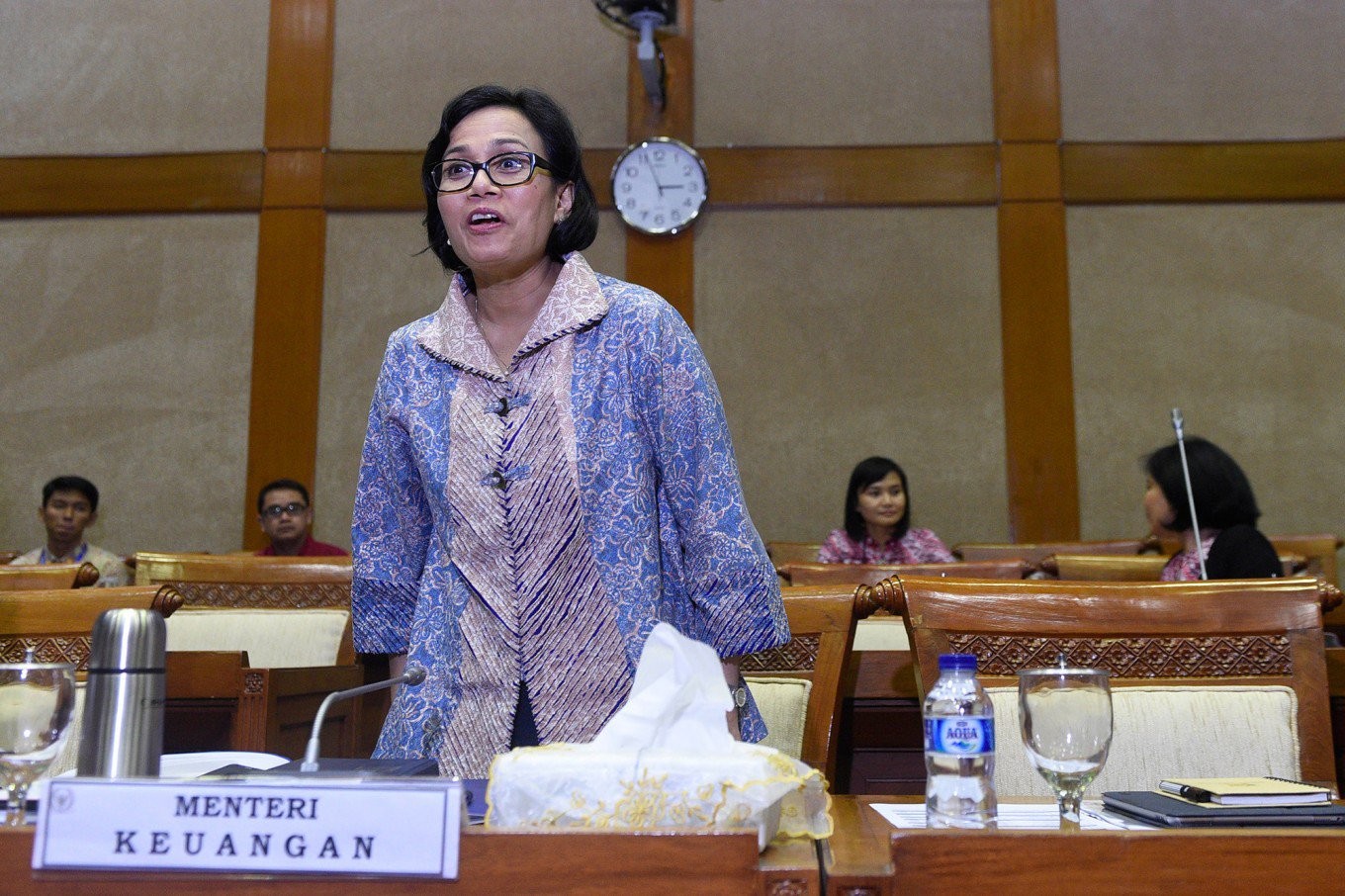Popular Reads
Top Results
Can't find what you're looking for?
View all search resultsPopular Reads
Top Results
Can't find what you're looking for?
View all search resultsEDITORIAL: Revisiting tax incentives
Change text size
Gift Premium Articles
to Anyone
F
inance Minister Sri Mulyani Indrawati has decided to review tax holiday and tax allowance facilities for direct investments and will study more thoroughly what kind of incentives investors really need most in their respective sectors of operation.
Not a single investor in Indonesia applied for those fiscal incentives last year, noted Sri Mulyani at a gathering with business leaders here last week. Many countries have revoked such fiscal incentives because they have not been effective in stimulating investment, while the costs of tax incentives are much bigger than the direct benefits to the host economy as a whole.
Studies by multilateral development agencies have concluded that apart from revenue losses, tax holidays and tax allowances distort the economy as a result of preferential treatment of investment ventures. The administrative costs of running and preventing misuse of those incentives are also high, not to mention the social costs of rent-seeking behavior, especially in Indonesia, notorious for its inefficient and corrupt bureaucratic system.
The two fiscal incentives were offered through a special regulation around 10 years ago on the recommendation of the Investment Coordinating Board (BKPM) without prior comprehensive studies on their impact on investment in the various sectors of the economy. The recommendation seemed to have been prompted only by the need to maintain a competitive tax system in an increasingly globalized economy to attract foreign direct investment (FDI).
Later developments showed that incentives were not always the determining factor in the selection of a host country as the destination of FDI. Foreign investors have their own determinant motives and criteria — which are not necessarily similar are and even often contradictory to those of the host state — for where to invest.
In fact, from the findings of the World Bank’s annual survey of the ease of doing business in Indonesia, we conclude that what investors want the most and urgently in so far as tax affairs are concerned is a better, more efficient and competent tax administration, not tax incentives.
Most investors do not mind paying income tax as long as their rates are not punitively high because taxes are paid out of profits anyway. But profits lie at the end of the investment cycle, which usually starts with the processing of licenses, construction of plants and production operations. But as far as Indonesia is concerned, the biggest barriers to investment lie at the latter stages of the process.
In fact, as Coordinating Economic Minister Darmin Nasution revealed last week, 190 foreign and domestic investment projects, which were licensed in 2010 to 2017 with a combined investment commitment of US$316 billion, had not been realized due to various barriers unrelated to tax incentives.
We consider such factors as the market size, level of real income, basic skill level (knowledge), availability of infrastructure and natural resources, socio-political stability, strong law enforcement and investment policy to be the economic fundamentals that are mostly needed by investors.
Unfortunately, it is the acute lack of several of these fundamentals, not tax incentives, that has caused the long delay in the implementation of those licensed investment projects as cited by Darmin.










